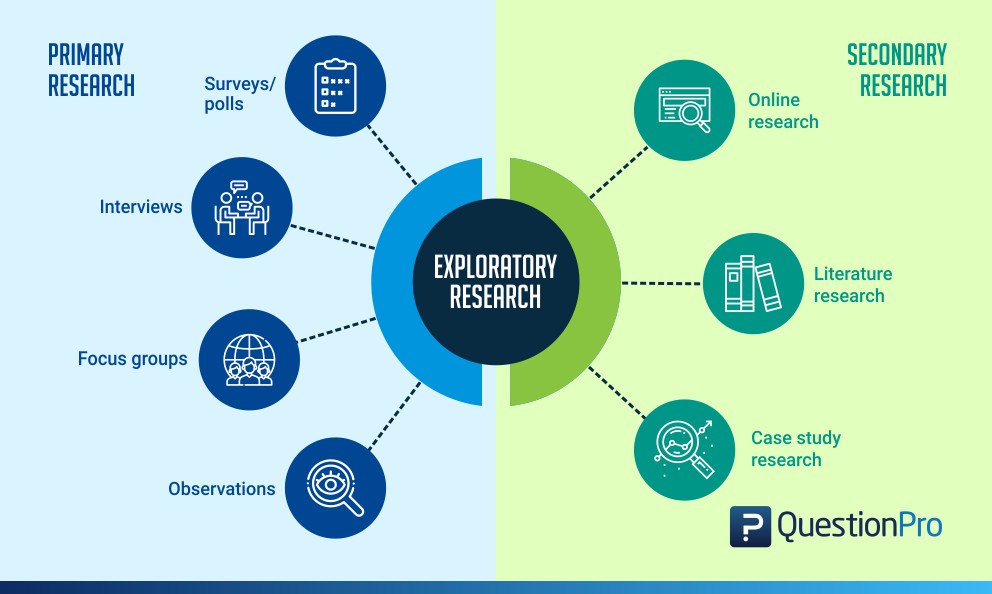Research is critical for all higher studies not only for the grades on offer but also for the insight gained throughout the duration of the project. Research tends to be more practical in nature and therefore will involve some personal effort by the student outside the classroom environment. For an intending researcher without previous experience, embarking on a research project such as a dissertation or thesis can be a challenging or every scary prospect.
No need to worry. The tips below will help you transcend from a research neophyte to an expert researcher.

Develop a researcher’s mentality
Throughout the ages, researchers have always been inquisitive about the nature of all phenomena. It is this desire for more knowledge that has given birth to modern science and technology. One of the most famous scientists of all time, Isaac Newton was said to have observed an apple fall from a tree (some say it fell on his head). This observation propelled the then young Newton to develop his very famous laws of gravity. Another good example is the ancient Greek philosopher and astrologer, Thales of Miletus who was said to have fallen into a ditch while studying the skies. Regardless of whether these stories are apocryphal or not, they do signify the importance of remaining curious as a researcher.
The above stories simply harp on the need for a would-be researcher to have a curious, probing mentality, a desire to ask visionary questions, to see beyond what the ordinary eyes can see. With such a fertile mindset, every other thing, including research experience, will naturally fall into place.
Be a good theorist
Research often involves the examination of theories, laws, and principles surrounding a field of knowledge. It is thus more practical in nature. Before you practice research, however, you need to be well-grounded in your field of learning because you cannot research what you don’t know. The journey to acquiring research experience and eventually becoming a good researcher is largely premised on having a basic or fundamental knowledge of the theoretical underpinnings of your field of study. This provides you a foundation or springboard from which you can then seek research experience. Theoretical knowledge is especially important in the literature review section of your research. Note that you also need to have sound knowledge of the empirical theories in your field. This borders on areas like research methodology/design, sampling techniques, data collection procedures, and others.
Consult research experts
When seeking a new area of knowledge or experience in your field, it is a wise idea to consult experts in that area. From a student’s perspective, expert knowledge can come through teachers and older colleagues as well as other relevant staff. Ask these experts a lot of questions on all aspects of research as conducted specifically by your department or faculty. Find a notebook and take down all the verbal answers and guidelines from these experts. If you determine that questions are not enough, you have to crave their indulgence and schedule meetings with them for more in-depth discussions on the subject matter.
Apart from School staff and colleagues, you can also hire external experts for coaching classes on how to get research experience. One advantage of this approach is that the hired research expert is obligated to offer you professional services, unlike teachers or colleagues who may not always find time to interact with you due to other commitments.
Study the rudiments of undertaking research
Apart from consulting experts, a do-it-yourself mentality can also be helpful. Luckily, several books are available on how to learn and improve research skills. You need to find the most appropriate of such books and immerse yourself in them. The internet is also another tool that can help in this regard (and even in the consultancy mentioned above). You’ll find several useful resources on how to get research experience via the internet. However, if you are a constant user of the internet, especially for academic purposes, you would have observed that many internet sources are unreliable. It is therefore your duty to search meticulously until you locate authoritative sites from where you can learn.
Iterate
After you have consulted and studied all aspects of the research process, you have to practically trial out some of the knowledge and insight you have gained. No need to say that these trials should be based on your department’s research methodology. For example, if fieldwork is involved, you have to conduct mock research exercises by designing your data collection instrument, say a questionnaire. You then have to validate the instrument. The most popular way of ensuring validity is through expert validation. Experts in your field will help scrutinize your data collection instrument to see if it is appropriate in measuring what it intends to measure. If not, they can make corrections and suggestions, for example, altering some of the questions or increasing the number of questions in the questionnaire, among others. Once this stage is complete, it is time to proceed into the field to administer the instrument to your sample of choice. As you conduct your mock research, make sure you note all the key highlights. These include observing ethical considerations, time spent, expenses incurred, the number of instruments returned, unanswered or wrongly answered questions, etc. you may need to repeat the exercise a few more times to garner more experience.
If your department conducts a different mode of research such as those requiring the computation of secondary data, then you need to access the necessary software for such computations. In the social sciences, for example, some of such software includes SPSS, Eviews, STATA, and others. Upon acquisition and installation of your software, you can then input the collected secondary data into the software to obtain your desired outputs. As you do this repeatedly with various combinations of data, you’ll find out that each iteration increases your effectiveness and research experience.
Conclusion
For a graduate student, getting research experience involves a number of steps. Ideally, the first step should be mental conditioning, that is, developing an inquisitive or curious probing nature. You also need to seek teachers and professional colleagues and also study on your own for more knowledge. A strong grasp of the theoretical tenets of your field is also essential. Lastly, practice makes perfect, so you need to try out mock research exercises to get the much need experience.


